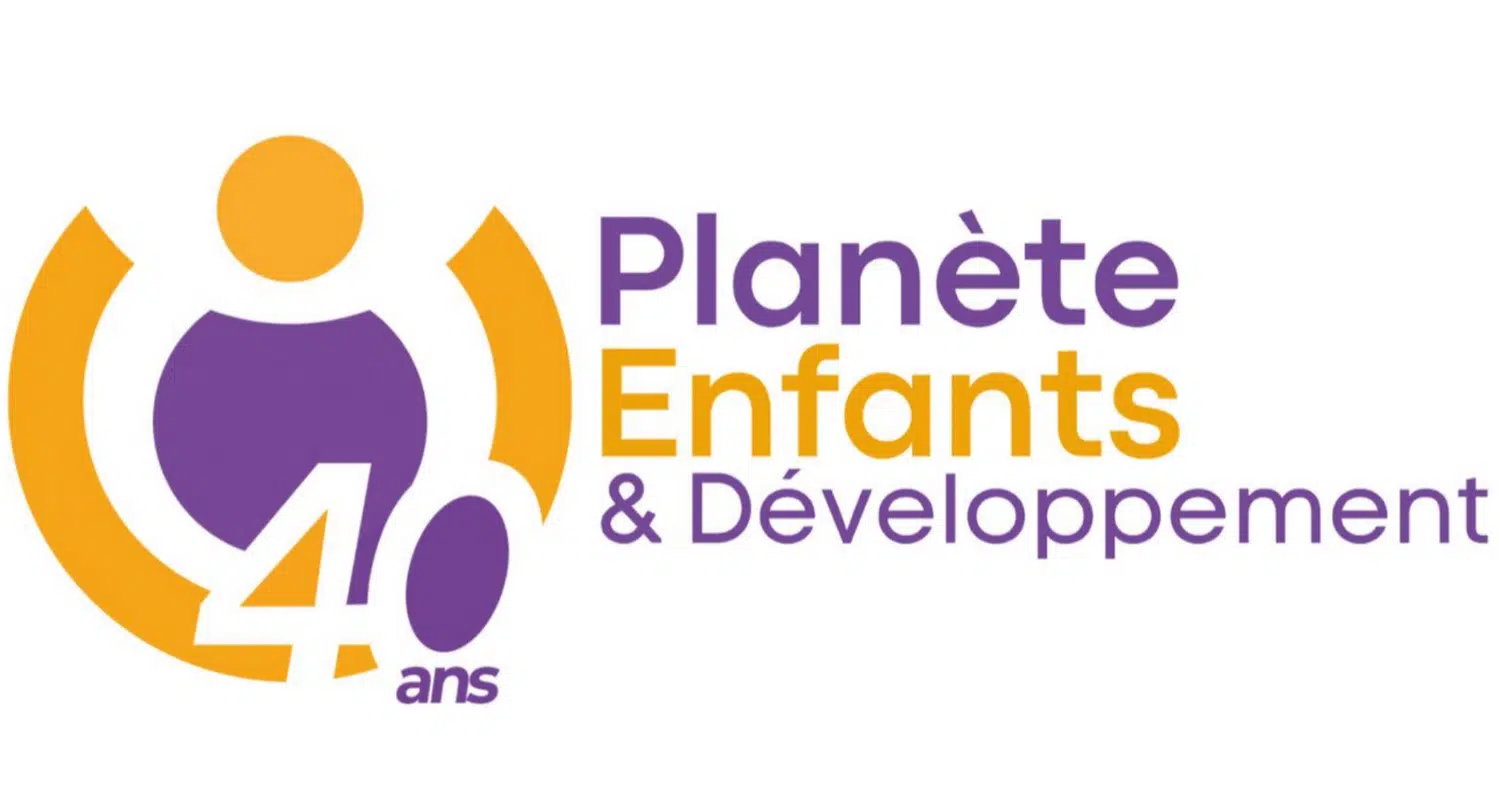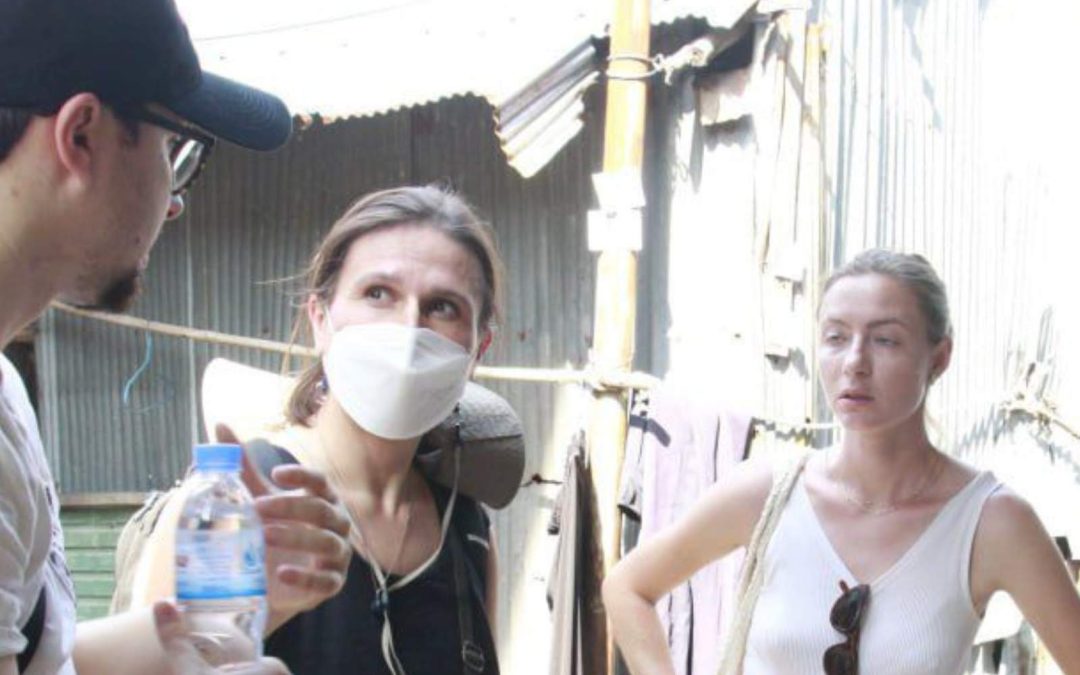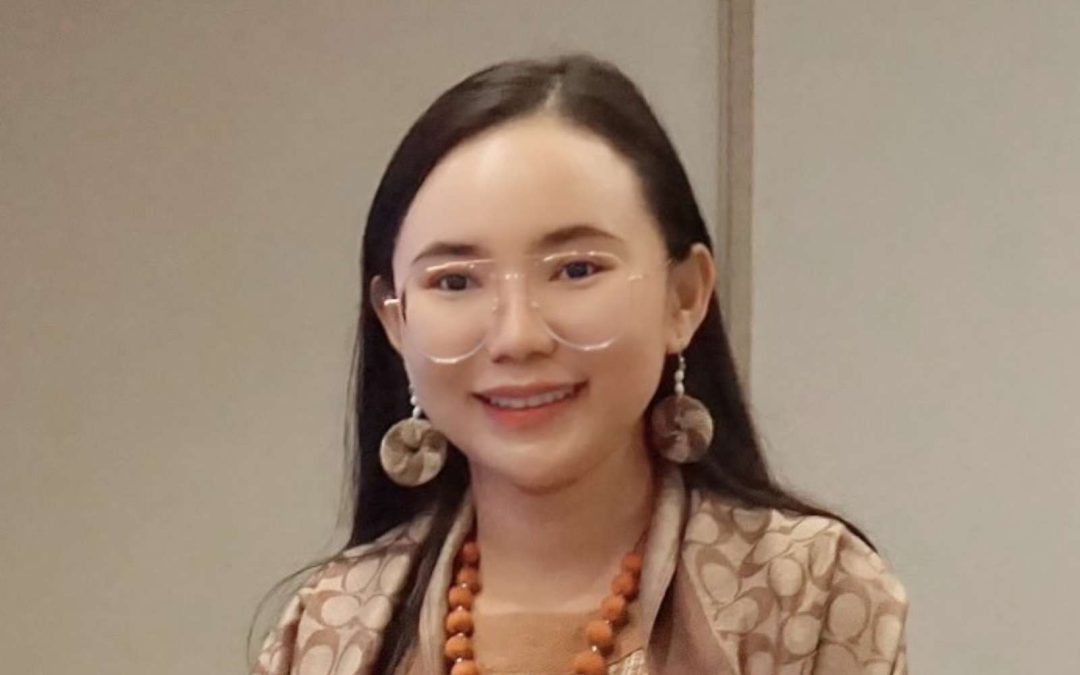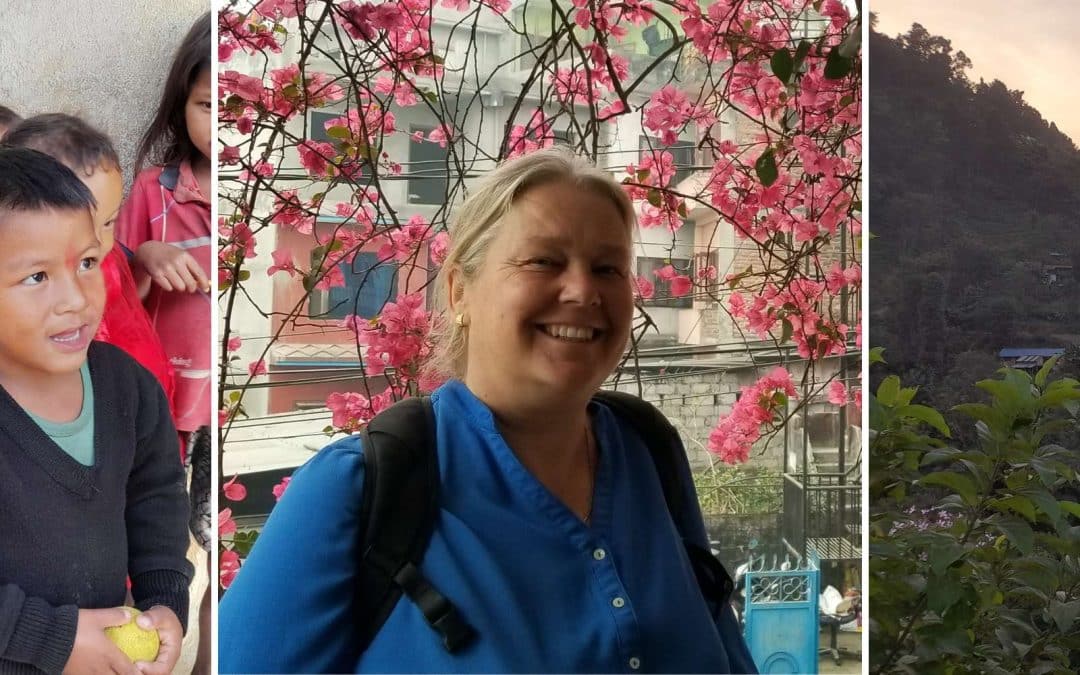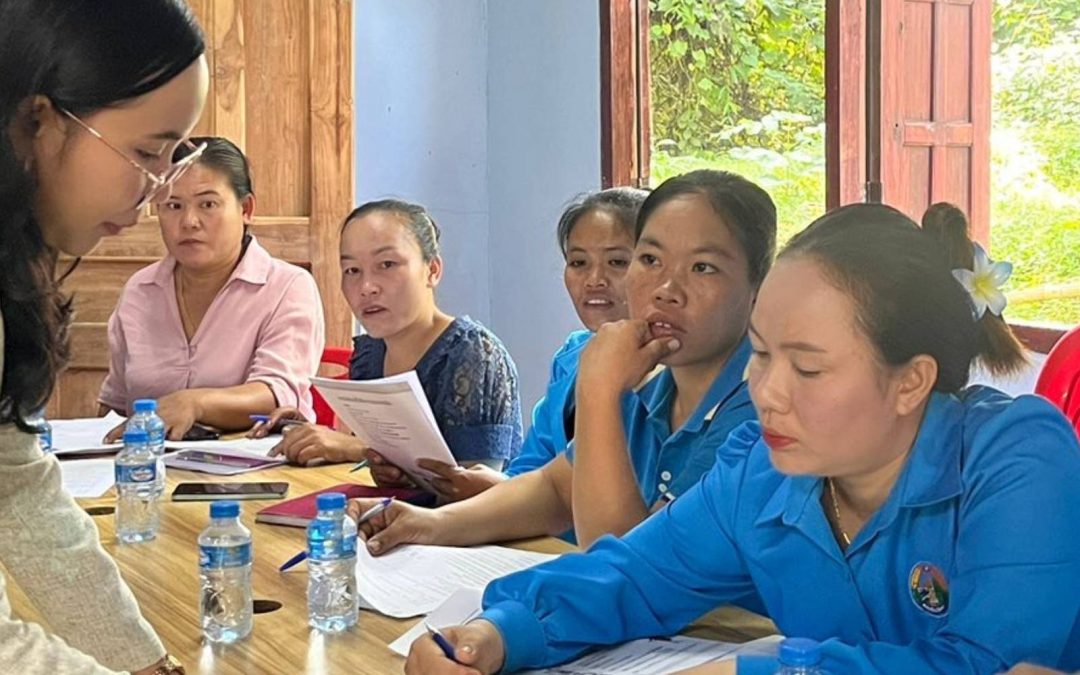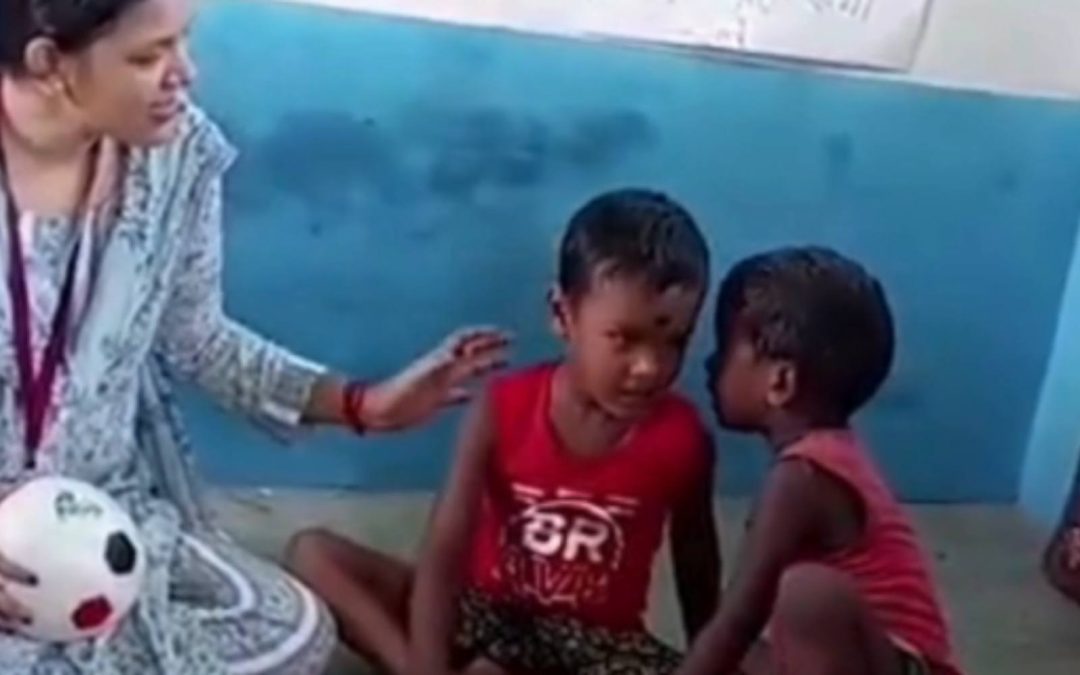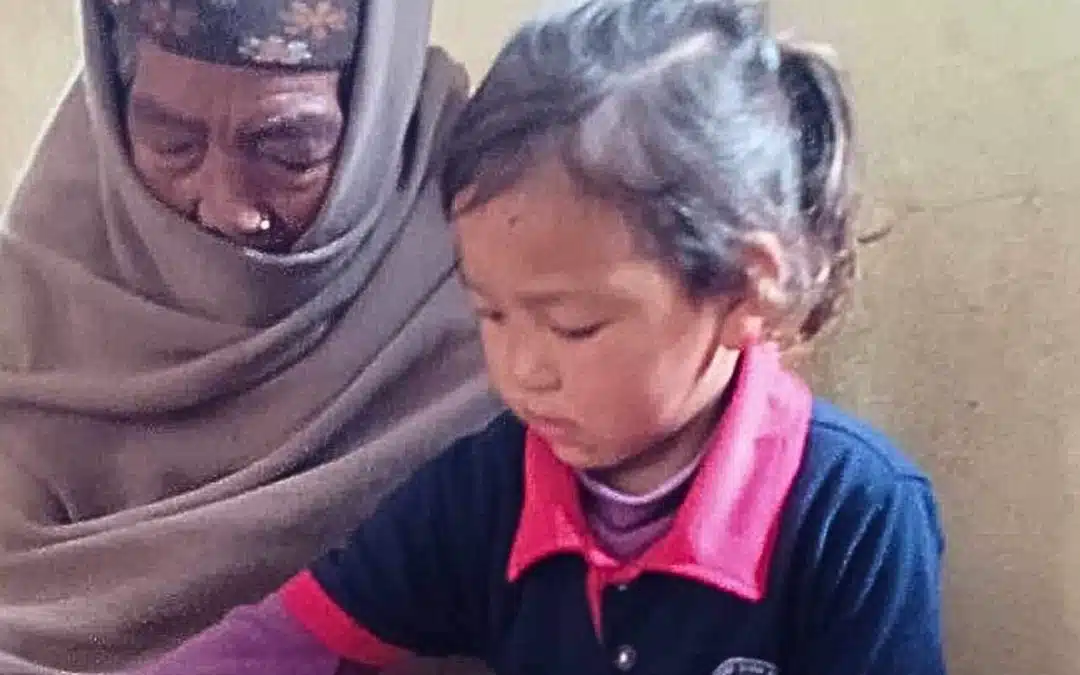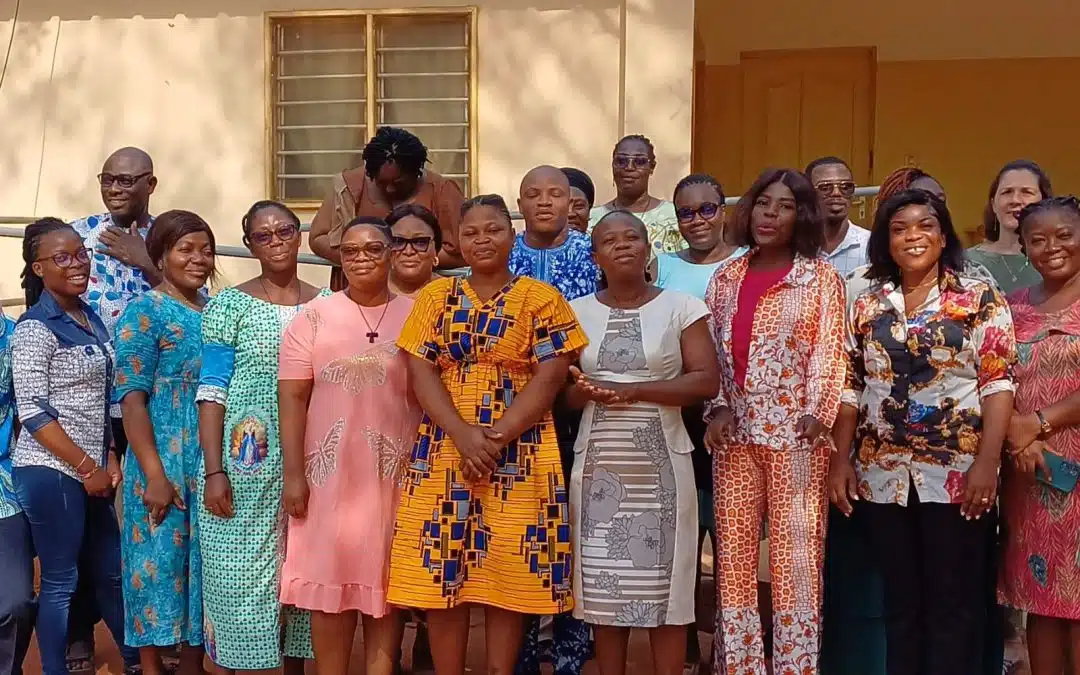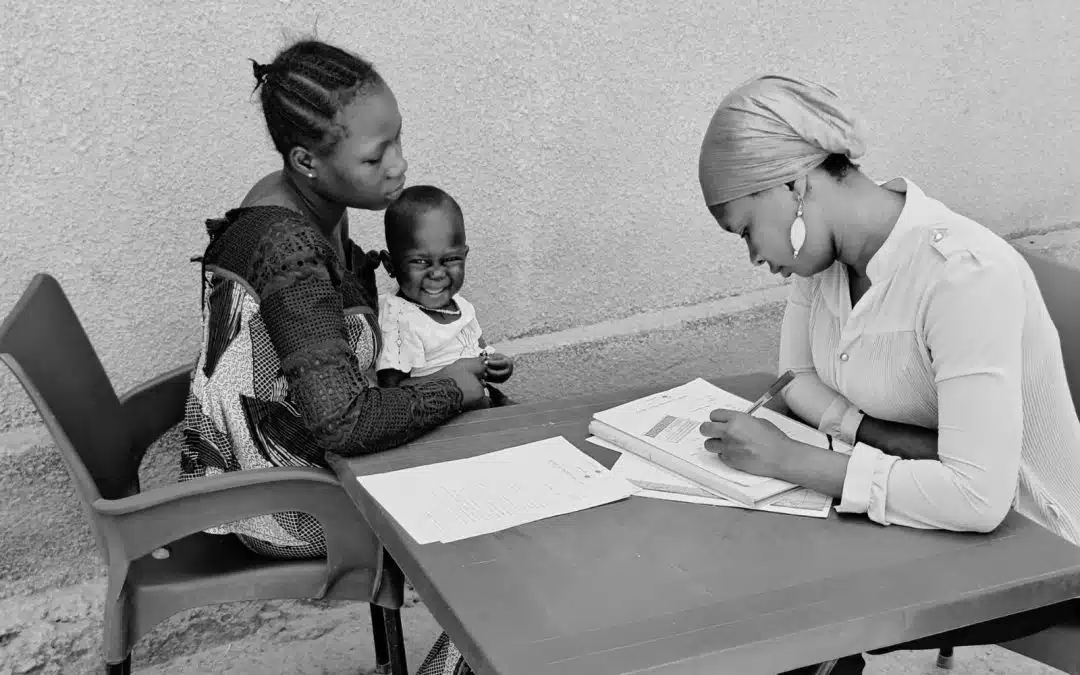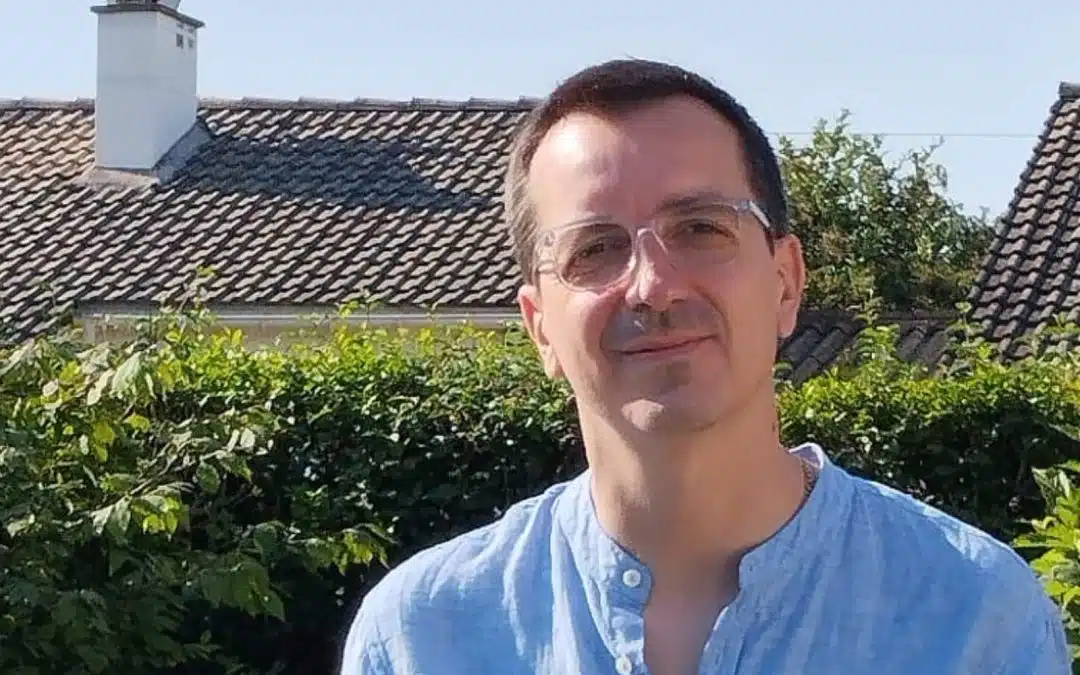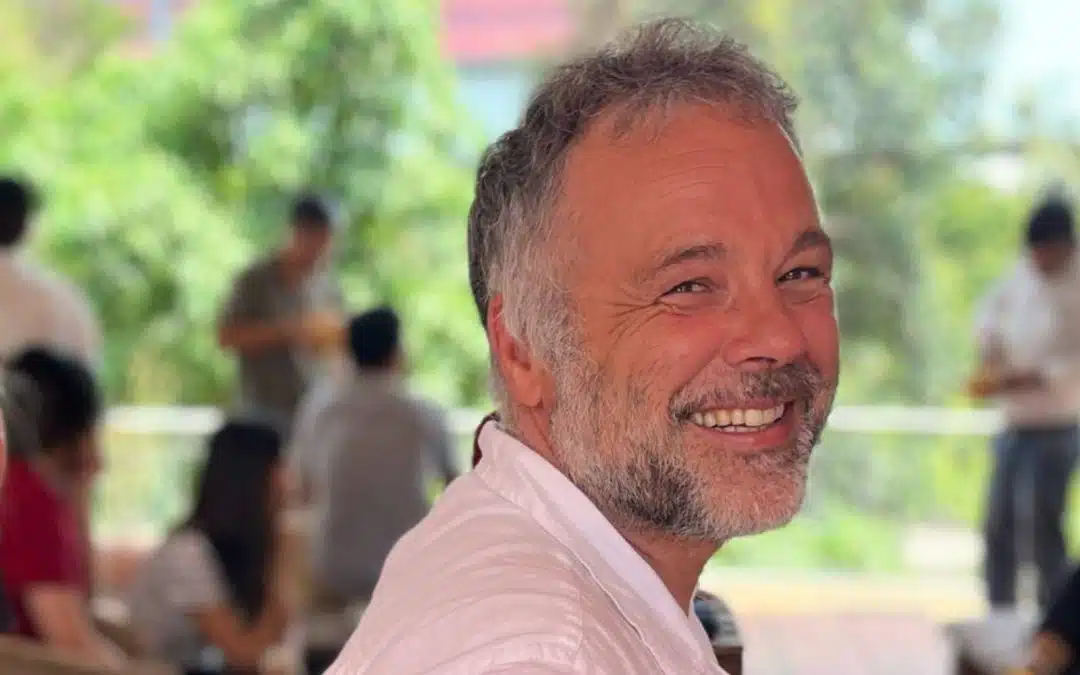Can you tell us a little about yourself?
I am 34 years old and come from Lyon. I have always wanted to work in the field of international solidarity and cooperation. Very interested in the problems that urbanization generates on a global scale, I followed a Master's degree in Urbanism, Habitat and International Cooperation and then the postmaster's degree in International Expertise - Cities in Development at the French Institute of Urbanism.
After my first experiences in France and in several African countries, I found the "job of my dreams" at Planète, Enfants & Développement, as a Project Manager for the improvement of living conditions and housing in the precarious districts of Phnom Penh (HALI).
Besides that, I am a great traveler. I left for 5 months for a bicycle trip of about 5 000 kms from Austria to Iran. Unforgettable encounters, fantastic landscapes, an extraordinary human adventure as I like them!
What made you want to join PE&D?
First of all, the project. It synthesizes all that I have always wanted to do in the field of solidarity. Then the values of the association, its human size and finally the people themselves. The welcome I received during my first week at the headquarters was very warm; the commitment and availability of the two directors, Véronique and Stéphanie, from whom you learn a lot, is precious!
In October 2020, you took over the HALI project which is now entering its second phase. Tell us a little about the project?
First of all, let's start with some background information. The city of Phnom Penh, which is the receptacle of the country's economic growth and rural exodus, is undergoing significant, poorly controlled and planned development. As in most developing countries, this growth of the city leaves out a large number of people who are not taken into account by the public authorities and who live in neighborhoods built independently.
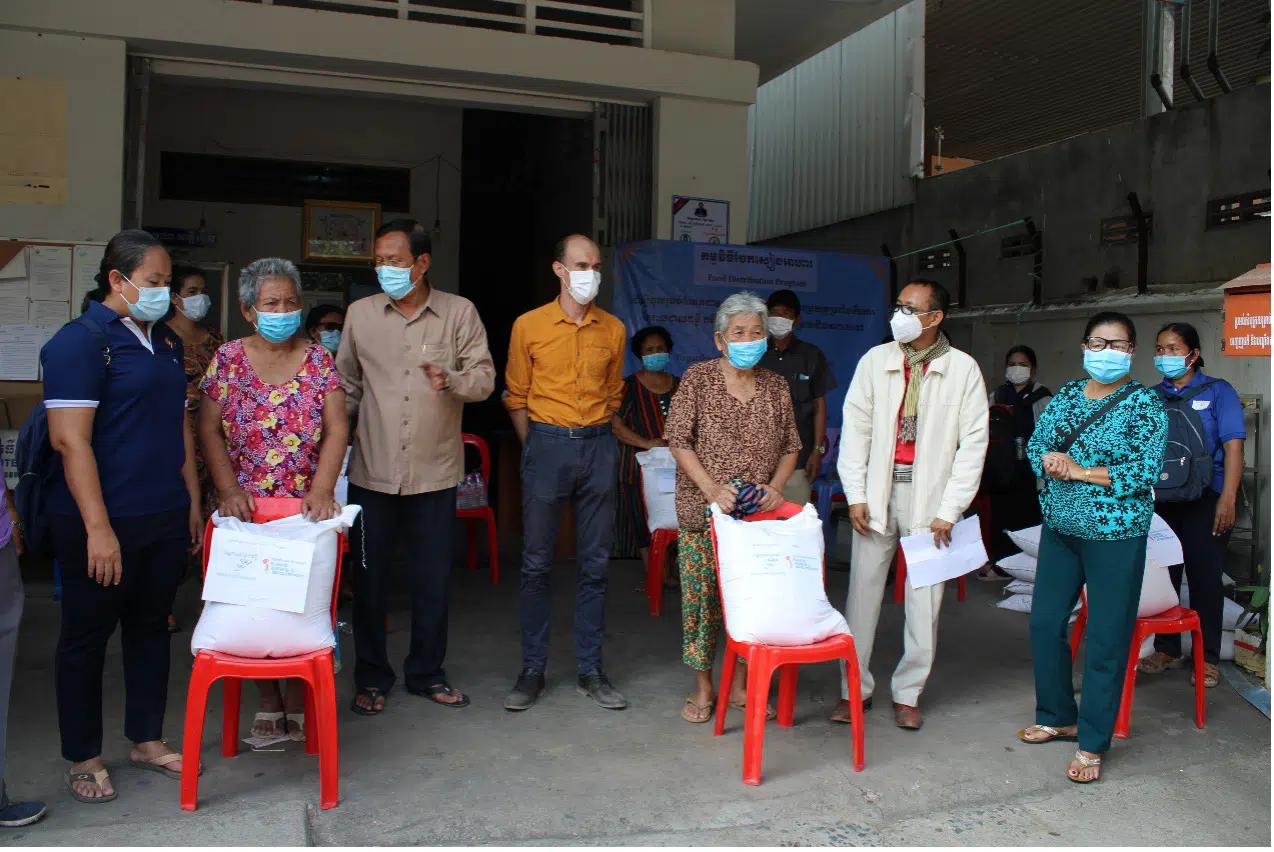
Being involved in supporting informal urbanization is today an essential lever to support marginalized and vulnerable individuals and families in highly unequal societies.
What does your day-to-day work consist of? What is a project manager?
I must be proactive and have a global vision of the project and its progress. On a daily basis, my work consists of coordinating the field activities carried out by my national colleagues and our partners, following the planning of the project, animating and recruiting the team members, making the link with the different local partners and prospecting new partners if necessary, participating in the more strategic reflection of PE&D Cambodia, etc.
At present, I am preparing the new phase in which the project is entering.
What drives you on a daily basis?
With the individual listening, the psycho-social support of the families by the social workers, I have the feeling to carry with the team a very concrete action to improve the living conditions of many people.
The home, which should be a place of security and fulfillment (and not an inhospitable space, a source of tension and daily concerns), plays a central role in the life of a family. More generally, I am convinced that participating in national and even international reflection and advocacy for an insitu requalification of these neighborhoods is the solution rather than eviction or relocation to the periphery.
After 8 months at PE&D, how would you describe your experience in a few words?
Fantastic! Very good working atmosphere in Cambodia within a multicultural team, with national colleagues and committed volunteers sharing common values. A real technical support from the headquarters. The feeling of belonging to a big family.
